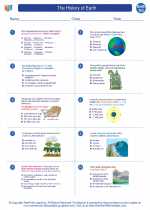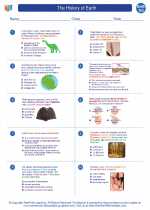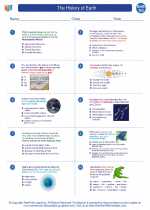What is Loose Connective Tissue?
Loose connective tissue is a type of connective tissue that is found throughout the body, providing support and elasticity to various organs and structures. It is made up of cells, fibers, and ground substance.
Components of Loose Connective Tissue
The cells found in loose connective tissue include fibroblasts, adipocytes, and macrophages. The fibers consist of collagen and elastin, while the ground substance is a gel-like substance that fills the spaces between the cells and fibers.
Functions of Loose Connective Tissue
Loose connective tissue provides support and elasticity to organs and structures, allows for the diffusion of nutrients and waste products, and also plays a role in immune response and inflammation.
Types of Loose Connective Tissue
There are different types of loose connective tissue, including areolar tissue, adipose tissue, and reticular tissue. Areolar tissue is found beneath the skin and between muscles, providing support and cushioning. Adipose tissue stores fat and provides insulation and energy storage. Reticular tissue forms the framework of organs like the liver and spleen.
Importance of Loose Connective Tissue
Understanding loose connective tissue is crucial for comprehending the structure and function of various organs and systems in the body. It also plays a significant role in wound healing, inflammation, and maintaining homeostasis.
.◂Earth Science Worksheets and Study Guides High School. The History of Earth

 Worksheet/Answer key
Worksheet/Answer key
 Worksheet/Answer key
Worksheet/Answer key
